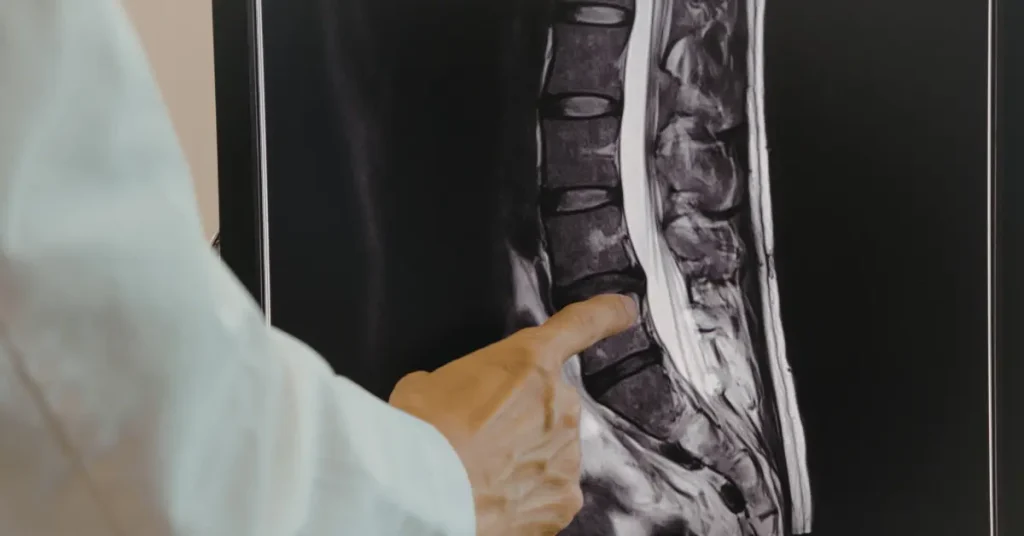Medtronic Recalls Nearly 97,000 Insync III Pacemakers Due to Battery Issue
When people refer to a pacemaker, they are actually discussing a pacing system: a pacemaker, a pacing lead or leads, and a programmer.
Two parts are placed inside the body: the pacemaker and pacing lead.
The pacemaker is a small metal case that contains electronic circuitry and a battery. The pacemaker continually monitors the heart and sends an electrical impulse to pace the heart when the heart’s own rhythm is interrupted, irregular, or too slow.
The pacing lead is an insulated wire that carries the tiny electrical impulse from the pacemaker to the heart to regulate the heart rate.
The third part, the programmer, is kept in a hospital or clinic. A nurse or doctor uses the specialized computer to see how the pacemaker is working and if necessary, to adjust the settings of a pacemaker.
The three parts of a pacing system work together to treat bradycardia (a heart rate that is too slow).
A pacing system increases the heart rate to meet the oxygen needs of the body.
Earlier this month, the US medical device company Medtronic, issued a Field Safety notice about one of its heart devices.
A number of their InSync® III CRT pacemakers have been affected by problems with the long-term performance of their batteries.
The pacemaker’s performance has been affected by the battery being unable to supply sufficient electrical current. In some cases, Medtronic has reported signs of erratic behaviour in the device, which could cause the return of heart failure symptoms in affected patients. Symptoms or side-effects from this type of battery fault, include a slow heart rate (brachycardia), complete heart block, weakness and dizziness. Two out of thirty reports of illness or injury have been reported in the UK.
The models that have been affected were implanted in the UK over a nine year period, between June 2001 and October 2010. Predictive testing to highlight which devices will fail cannot be completed and there is no programming available that can reduce the effects of the problem. The UK’s safety authority MHRA, has issued a medical safety alert on the pacemaker after being contacted by Medtronic.
The MHRA has recommended that cardiac health staff carry out a number of steps including:
– identify all affected patients;
– arranging meetings with patients to discuss the problem;
– comparing the risk presented by the device failure against that associated with replacing the device entirely.
It has been advised that patients also contact their GP’s or surgeons if they experience any symptoms of heart failure such as a slow heart rate or breathlessness.
A list of affected models is available on the MHRA website.
RELATED NEWS:
http://www.startribune.com/medtronic-recalls-insync-iii-pacemakers-due-to-battery-issue/358905821/
http://medicalxpress.com/news/2015-12-medtronic-recalls-insync-iii-pacemakers.html
https://www.tga.gov.au/alert/insync-iii-cardiac-resynchronisation-therapy-pacemakers
http://www.accessdata.fda.gov/scripts/cdrh/cfdocs/cfRes/res.cfm?ID=141673




